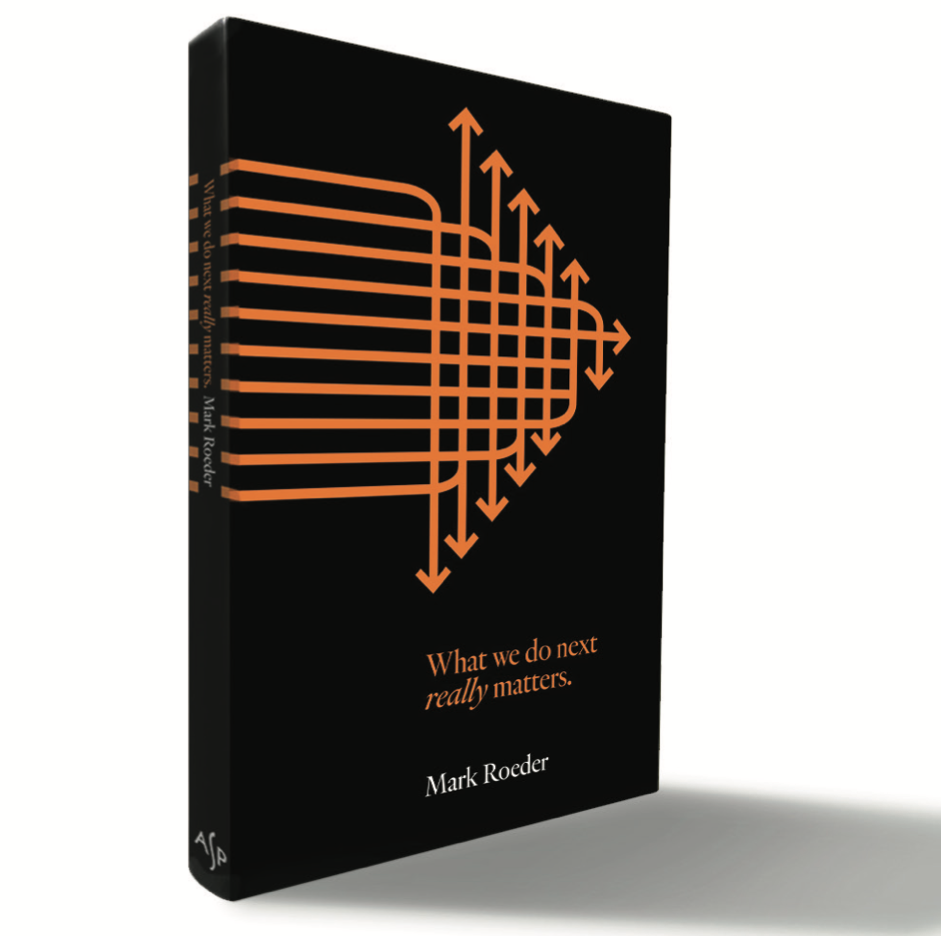What we do next really matters
As we emerge from the global pandemic over the next few years, there will be a strong temptation to return to the ‘old normal’ – and resume business as usual.
This would be a mistake. Because the reality is our world was in precarious state before the pandemic struck – environmentally, socially, economically and politically. Our path had become unstainable. Many of us had been blissfully unaware of these dangers, because we were so wrapped up in our own lives that we ignored the bigger picture. We were lulled into a false sense of security by the notion that we humans would act in our own best interests. More recently, we have become seduced by digital technologies and social media that enable us to, in effect, curate our own version of reality. We saw only what we wanted to see.
The pandemic changed all this.
It jolted us out of our collective stupor and showed us how things really are – the yawning inequality, systemic racism, hyper partisanship and environmental vandalism. The longer the virus stayed with us, the more it revealed, until it became impossible to deny the truth – that our civilisation is in a precarious state. It’s a shame that it took such a potent cocktail of disruptive forces to open our eyes, but we humans are masters of wilful denial, and so a less traumatic wakeup call would probably not have worked.
This giant wake-up call would not last, however.
Now we are being urged to put the blinkers back on, and to resume our old lives as soon as possible. Our political and business leaders want us to get over this bump in the road, and return to ‘normalcy’.
This book, The Reluctant Awakening, makes a compelling case for why we must avoid reverting to our old ways, and shows how we can harness the shock of Covid19 to make fundamental changes that will put our world on a more sustainable path. The virus has swept many old certainties aside, and temporarily made our systems and structures more malleable. We can use this flexible period, which the philosopher Gershom Svholem calls ‘the plastic hours’, to take bold actions that will have lasting consequences. ‘If we move at this moment,’ he explained, ‘real change will occur’.
In historical terms, we have arrived at a hinge-point, when the choices we make now will profoundly affect the centuries that follow. We cannot afford to waste this moment, because the window for change will close again. Then we will be stuck with whatever choices we have made – or didn’t make. What we do next really matters. Therefore, we must choose wisely and, at times, courageously, in order to set a new path.
Publication date: April 2022, Arcadia Books
